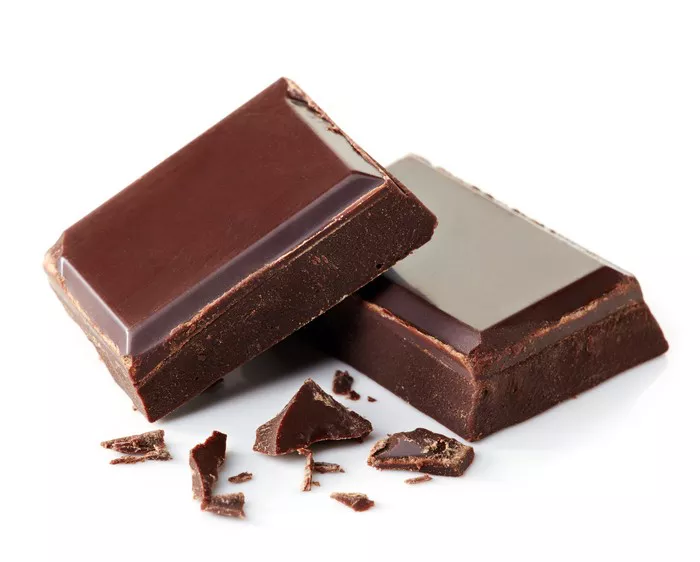Dr. Nowzaradan, often referred to as Dr. Now, is a prominent bariatric surgeon known for his role in helping patients achieve significant weight loss through dietary and lifestyle changes. His approach to weight loss is highly structured and focused on achieving rapid results, primarily through a strict diet plan. This article explores the key elements of Dr. Now’s diet, its benefits and risks, implementation strategies, and the importance of medical supervision.
SEE ALSO: What Is the Best Diet for Belly Fat?
Overview of Dr. Now’s Diet
Dr. Nowzaradan is renowned for his expertise in bariatric surgery, particularly gastric bypass and sleeve gastrectomy. His approach to weight loss involves not only surgical intervention but also a comprehensive pre-surgery diet plan designed to help patients lose weight before undergoing surgery. This pre-surgery diet is critical for reducing liver size, which facilitates safer surgical procedures.
Core Principles:
Dr. Now’s diet is characterized by several core principles:
Calorie Restriction: The diet is notably restrictive, often limited to around 1,200 calories per day. This calorie restriction is aimed at creating a significant calorie deficit to promote weight loss.
Protein Focus: Emphasis is placed on consuming high-protein foods to preserve muscle mass while losing fat. Protein helps in satiety and aids in muscle repair.
Fluid Intake Guidelines: Adequate hydration is encouraged, with a focus on water and low-calorie beverages to support overall health and aid in weight loss.
The 1200-Calorie Plan:
The 1,200-calorie plan is designed to induce rapid weight loss by drastically reducing caloric intake. This low calorie intake creates a substantial calorie deficit, which is essential for effective weight loss.The rationale behind this restriction is to ensure that patients lose weight quickly, which is crucial for preparing the body for surgery and improving health outcomes.
Approved Foods and Portion Sizes:
Lean Proteins: Chicken breast, turkey, fish, and tofu. Portion sizes are usually around 3-4 ounces per serving.
Non-Starchy Vegetables: Spinach, broccoli, cauliflower, and bell peppers. These can be consumed in larger quantities due to their low-calorie content.
Low-Fat Dairy: Greek yogurt and skim milk. Portion sizes are generally 1 cup of yogurt or 1 cup of milk.
Limited Fruits: Berries and apples, consumed in moderation (about 1 serving per day).
Example meals on this diet might include a grilled chicken salad with mixed greens and a light vinaigrette for lunch, and a piece of baked fish with steamed broccoli for dinner.
Benefits and Risks
Potential Benefits:
Weight Loss: The primary benefit of Dr. Now’s diet is significant weight loss. The calorie restriction combined with high protein intake helps to effectively burn fat while preserving muscle mass.
Improved Health Markers: Patients often experience improvements in health markers such as blood sugar levels, cholesterol, and blood pressure as they lose weight.
Increased Energy: As weight decreases and overall health improves, many individuals report increased energy levels and improved overall well-being.
Potential Risks:
Nutritional Deficiencies: The restrictive nature of the diet can lead to deficiencies in essential nutrients if not carefully managed. Common deficiencies may include vitamins and minerals like vitamin D, calcium, and iron.
Fatigue: The drastic reduction in caloric intake can lead to fatigue and decreased energy levels, especially during the initial phase of the diet.
Potential Medical Complications: Rapid weight loss may result in medical complications such as gallstones or dehydration if not properly managed.
Implementation and Maintenance
Starting the Diet:
To begin Dr. Now’s diet, individuals should first consult with a healthcare provider to ensure it is appropriate for their health needs. Transitioning from a regular diet involves gradually reducing calorie intake and incorporating approved foods while closely monitoring portions.
Monitoring Progress:
Regular monitoring is essential for success. This includes tracking weight loss progress, conducting blood work to check for nutritional deficiencies, and attending routine medical checkups to assess overall health.
Long-Term Sustainability:
Maintaining weight loss after completing the initial phase involves adopting long-term healthy eating habits. This includes continuing to focus on balanced, nutrient-dense foods and incorporating regular physical activity into one’s lifestyle.
Medical Supervision
Importance of Medical Guidance:
Dr. Now’s diet is designed to be followed under medical supervision due to its restrictive nature. It is not intended for self-treatment or independent use. Proper medical guidance ensures that the diet is safely and effectively integrated into a weight loss or surgical preparation plan.
Conclusion
Dr. Now’s Diet is a comprehensive eating plan designed to support individuals who are severely obese, particularly those preparing for bariatric surgery. By focusing on a balanced, nutrient-dense diet and establishing healthy eating habits, the diet aims to help patients achieve significant weight loss and prepare their bodies for surgery. The principles of Dr. Now’s Diet—emphasizing portion control, reducing calorie intake, and prioritizing nutrient-rich foods—are tailored to address the unique challenges faced by individuals with severe obesity.
Related Topics:



























